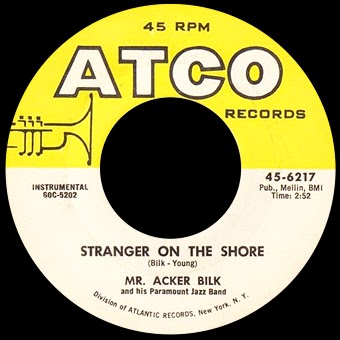In May 1965, The Ron-Dels released the Delbert McClinton composition, “If you really want me to Go, I’ll Go” on Brownfield Records, a regional label based in Texas. Within a month, Smash picked up the master and released the single for national distribution.
Unfortunately, the song failed to make a huge dent and only charted at #97 in July 1965. For reasons stated below, it still is an important record for us to consider.
Sir Douglas Quintet’s Version
Although the song was never a chart success, it had been recorded by a number of country musicians. Another Smash artist and fellow Texans, the Sir Douglas Quintet, recorded it for their 1968 “Mendocino” album release.Unfortunately, there is not a quality version of Sir Douglas Quintet’s treatment of “If you really want me to Go, I’ll Go” on YouTube. For lack of something better, I’ve included what’s available for continuity sake. The recording below is unfortunately tinny and incomplete.
Similarities to The Beatles
There is one nagging thing about “If you really want me to Go, I’ll Go,” and that it is similar to a Beatles tune. It’s no secret that Delbert McClinton had a friendship with John Lennon. Stories abound about how both McClinton, who was supporting Bruce Channel on a 1962 tour of England, traded harmonica licks with Lennon. |
| German version of the LP - my introduction to the song. |
Not only is “If you really want me to Go, I’ll Go” musically comparable to The Beatles’ “I Don’t Want to Spoil the Party,” the lyrical content is similar as well. Could McClinton have been influenced by The Beatles’ recording? It’s possible. Although it was an album cut, “I Don’t Want to Spoil the Party” was released on the European LP “Beatles for Sale” in December 1964 – six months prior to McClinton’s song.
“I Don’t Want to Spoil the Party” did not have an American release until June 1965, as it was one of the songs from “Beatles for Sale” that was held over for inclusion on the “Beatles VI” album. I have included it for comparison purposes. See if you think they sound similar.

















